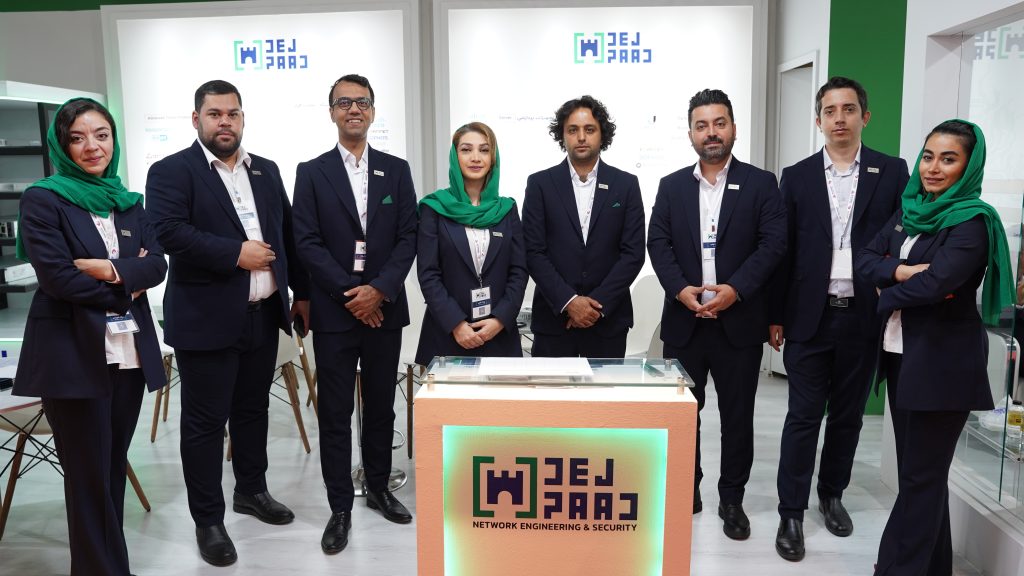About Dejpaad
Advancing Together, Every Step of the Journey

Specialized knowledge alongside experience
Since 2013, Dejpaad has firmly established itself as a leading, committed, and professional company specializing in security and network infrastructure, offering tailored solutions to organizations, government institutions, and the private sector. In a digital landscape where threats are ever-evolving, businesses of all sizes – from small and medium enterprises to large corporations – are deeply concerned about securing their networks and data. Dejpaad alleviates these worries by providing cutting-edge security measures and personalized strategies, ensuring that clients can operate with peace of mind and concentrate on their core activities. By entrusting their security needs to Dejpaad, businesses safeguard the very foundation of their success and growth in today’s interconnected world.
Trusting Dejpaad means safeguarding the foundation of their success.

Licensed and certified
By obtaining the licenses and certificates of the Supreme Council of ICT of Iran, the Tehran ICT Guild organization, the AFTA, and the SAMTA, and receiving the rank 1 of the IT companies, Dejpaad has proven its competence to implement projects in any complexity and on any scale.
The requirement to update the experts’ international and specialized course certificates and hold workshops, conferences, and training courses, has led to the empowerment of employees and keeping the technical knowledge level up-to-date. All of these, in addition to the implementation of the commitment contained in the organizational charter, have caused the projects to be implemented with the highest level of standard and benefit from the latest solutions. In addition to providing this level of service quality, Dejpaad company has taken steps to directly import the most reliable and up-to-date hardware and software products from original international manufacturers to complete its infrastructure and network security product portfolio. whit the help of these products, Dejpaad guarantees the quality of the network infrastructure and can achieve the maximum level Provide security on the network of the client’s organization.

Customer trust is the most valuable achievement of Dejpaad Company
The customers’ trust has been the most valuable achievement of Dejpaad company until today. Relying on the knowledge, efforts, and perseverance of its experts along with the experience of senior managers, while supporting small or start-up businesses, Dejpaad has been able to gain the trust of many enterprise customers in banking network areas, ministries, government institutions, large industrial complexes across the country, etc. by providing the highest level of services in the field of security and network infrastructure.
With a decade of successful experience, keeping pace with the world’s technological progress, and being committed to customer orientation, Dejpaad will be by your side on the way to progress.

